In the Philippines in 2025, industrial solar system installations and commercial rooftop projects are changing the way businesses use energy. With electricity prices staying high and sustainability becoming a core business priority, more companies are turning to solar power. It helps cut costs while also improving their environmental, social, and governance (ESG) scores.
Why Commercial Solar Rooftops Are Ideal for Industries
The Philippines receives ample sunlight throughout the year, making it an ideal location for solar energy. Industrial buildings—such as factories, warehouses, and manufacturing plants—often feature large, flat rooftops that are ideal for solar panels. By generating their electricity, companies reduce their dependence on the grid, avoid losses during power outages, and secure stable, long-term energy costs.
Although the country’s rooftop solar potential is over 1,800 megawatts, commercial and industrial users currently contribute only around 200 megawatts. This means there is a significant opportunity for businesses to adopt rooftop solar and enjoy both financial benefits and environmental advantages.
Reducing Energy Costs with Solar Systems
Industrial power rates in the Philippines often fall between Php 5.00 and 12.00 / kWh. Solar power, once installed, is far cheaper because it has no fuel costs. By comparison, running diesel generators can cost fifty to seventy pesos per kilowatt-hour. Using solar with battery storage is a much more cost-effective and modern alternative.
On average, businesses with solar rooftops reduce their power bills by 30 to 40 percent. For companies where electricity is a big part of operating costs, this can save millions of pesos every year—money that can be reinvested in growth, equipment upgrades, or staff training.
Enhancing ESG Performance
Switching to solar power cuts greenhouse gas emissions, helping companies reduce their Scope 2 emissions. Businesses that generate a large share of their electricity from solar can show clear data on their emission reductions, which strengthens ESG ratings and sustainability reports.
Solar adoption also shows good governance and social responsibility. It sends a strong message to stakeholders that the company is serious about climate action. Partnering with nearby communities on shared solar projects can even create green jobs and improve local energy access, further boosting a company’s social impact.
How Policy and Market Support Drive Adoption
Government support is helping make solar adoption easier. Policies like the Renewable Energy Act, net metering, the Green Energy Auction Program, and relaxed foreign ownership rules have all boosted the sector. Tax breaks, VAT exemptions, and waived import duties also reduce installation costs.
By 2025, total solar capacity in the Philippines is expected to hit around 3,000 megawatts, after a record 820 megawatts were added in 2024. The country aims to have at least 35 percent renewable energy in its power mix by 2030, with solar playing a big role. With this strong policy backing, now is a great time for industrial firms to go solar.
Planning an Industrial Solar Installation
In 2025, commercial rooftop solar systems in the Philippines cost around ₱35,000–₱100,000 per kWh to install. The lower end applies to larger systems without storage, while the higher end reflects setups that include a battery energy storage system (BESS). Most industrial systems pay for themselves in three to five years. After that, the power they produce becomes pure savings for the remaining life of the system, which can exceed 20 years.
Hybrid systems that pair solar panels with batteries add reliability, especially in typhoon-prone areas with unstable grids. Batteries also help businesses use more of their own solar power and reduce diesel generator use.
The permitting process involves agencies such as DOE, ERC, DENR, and local government units. However, faster electronic permitting and “green lane” programs have reduced waiting times. Some permits now take less than a month to get, and grid connection approvals are faster than before.
How We Support Solar Transitions
At Nativ Techniks, we design and install solar systems for industrial and commercial clients across the Philippines. We study rooftop conditions, sunlight exposure, and energy consumption to create solar setups that give the best returns and improve ESG scores.
We assist with net metering, Green Energy Option Program applications, and government incentives. We also handle permits, including DOE approvals and local government clearances. Our team ensures full compliance, smooth installation, and optimized system performance without disrupting your operations.
Real-World Impact: Financial and ESG Benefits
Lower electricity costs mean higher profits. For big industrial users, cutting energy bills by 30 to 40 percent can save millions each year. Those savings can be used for new investments or business expansion.
Solar power also helps companies meet sustainability targets. Using renewable energy reduces carbon emissions, improves ESG ratings, and strengthens brand reputation with customers, regulators, and investors.
More global clients now demand proof of sustainable practices. Companies powered by solar stand out as leaders in clean energy and responsible operations.
What the Future Holds
Solar equipment costs continue to drop, making installations more affordable. At the same time, better grid infrastructure and smart technologies—like digital monitoring, load control, and AI-based optimization—are improving solar efficiency.
The government plans to increase renewable energy use to 50 percent by 2040. Industrial rooftop solar will be key to this goal, along with new technologies like bifacial panels and advanced battery systems.
Financing is also becoming easier. Green bonds, corporate power purchase agreements, and community solar projects are helping more businesses afford solar installations.
Conclusion
Installing industrial solar systems and commercial rooftop panels makes strong financial and environmental sense for Philippine businesses in 2025. They cut energy costs, improve resilience, and boost ESG performance while supporting the country’s renewable energy goals.
Nativ Techniks is here to help companies make the switch to clean energy. We provide end-to-end solutions—from planning to installation—to ensure your solar investment delivers both savings and sustainability impact.
Now is the time to act. Companies that invest in solar today will enjoy lower costs, stronger ESG credentials, and a more competitive edge in the future.
Contact Nativ Techniks today at +639176310032 or email us at wecare@nativtechniks.com


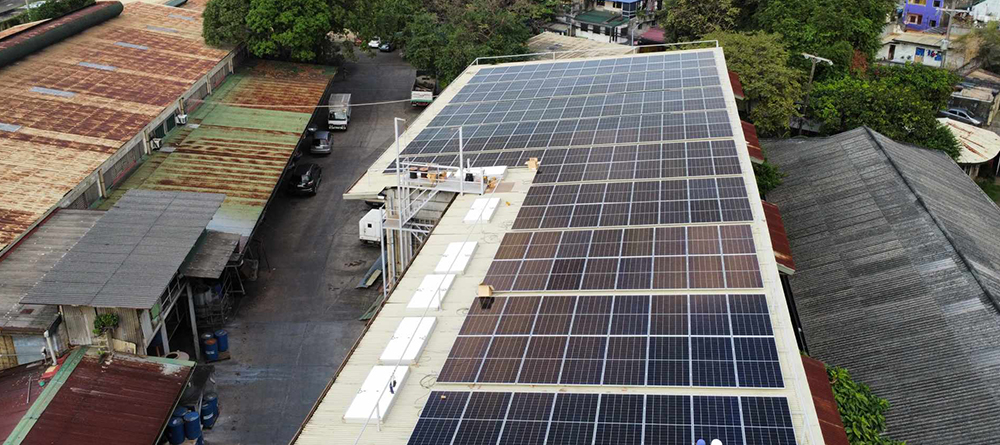

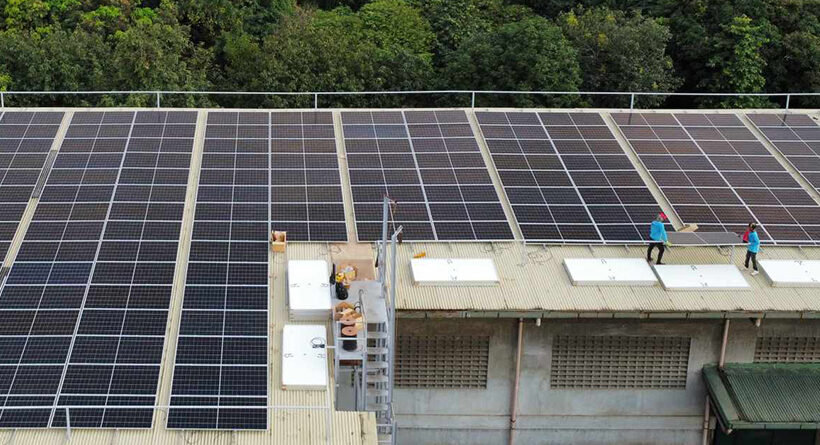
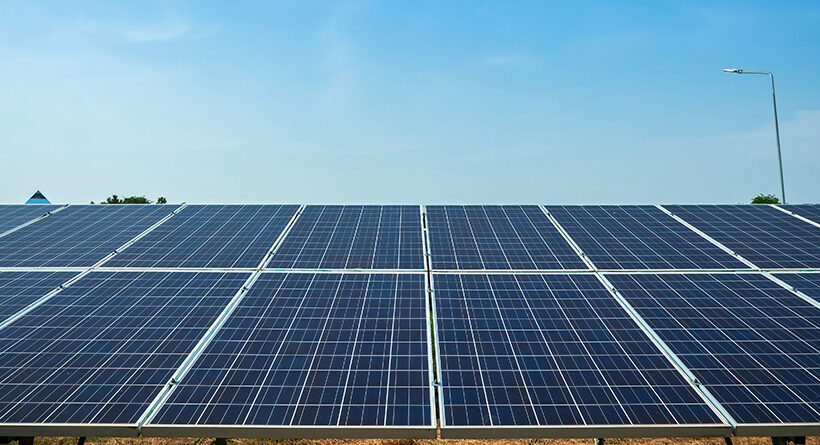
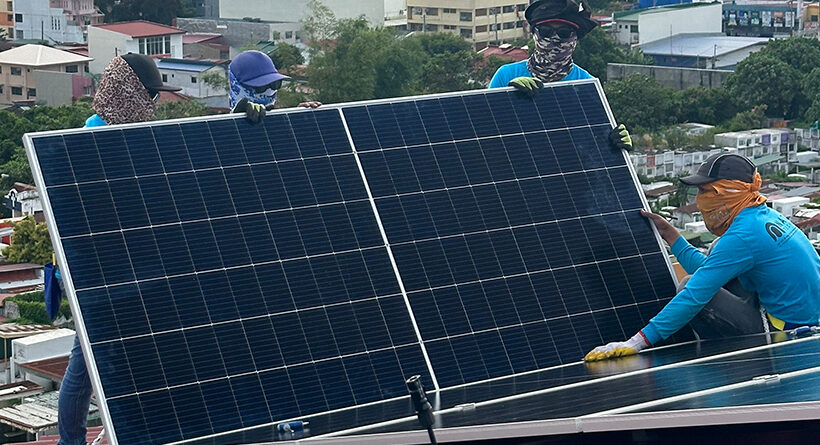



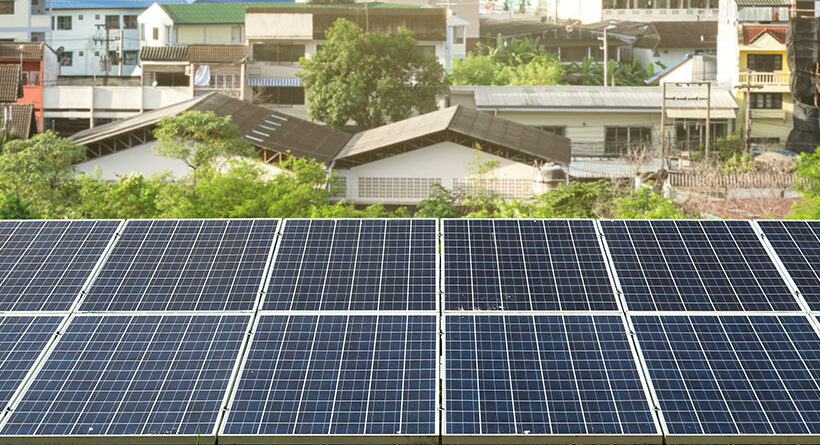
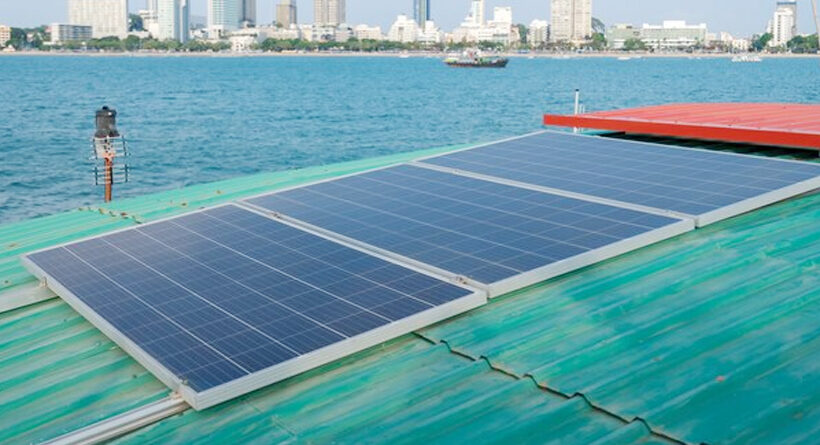

Leave a Reply